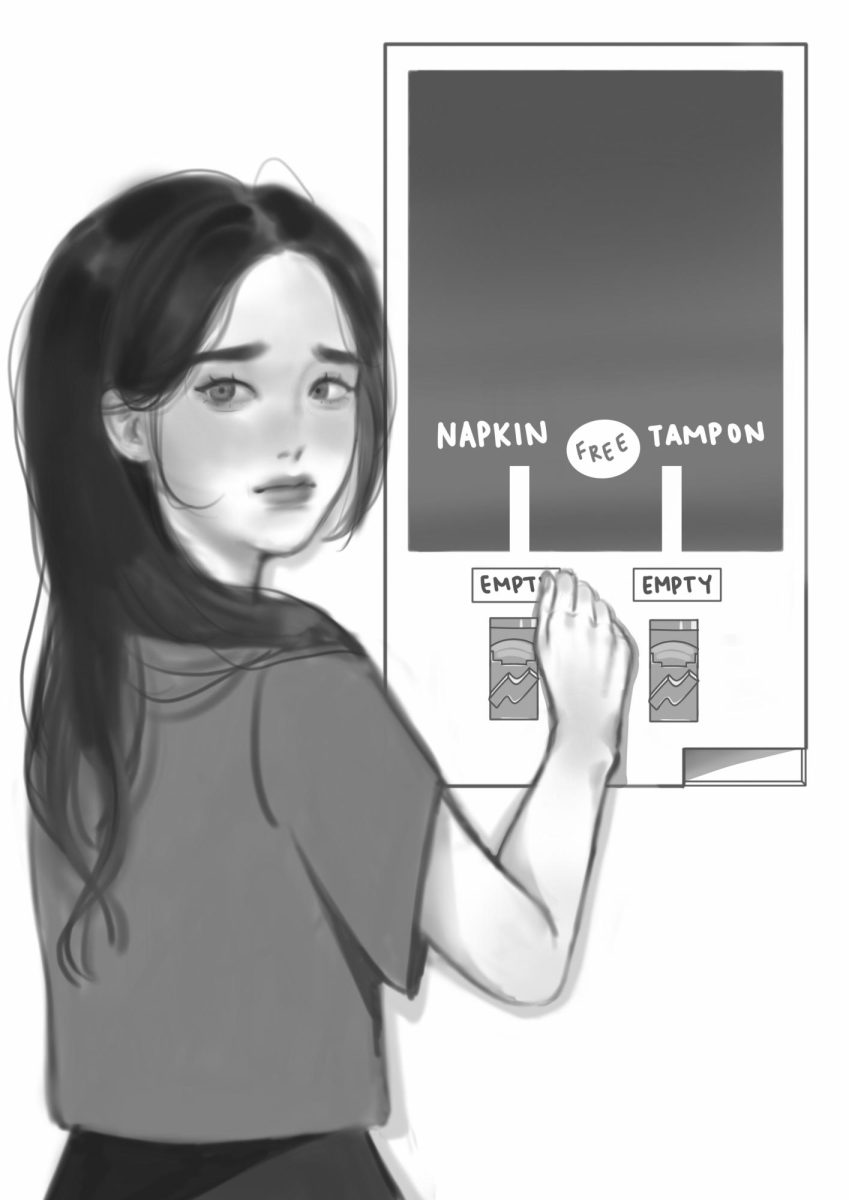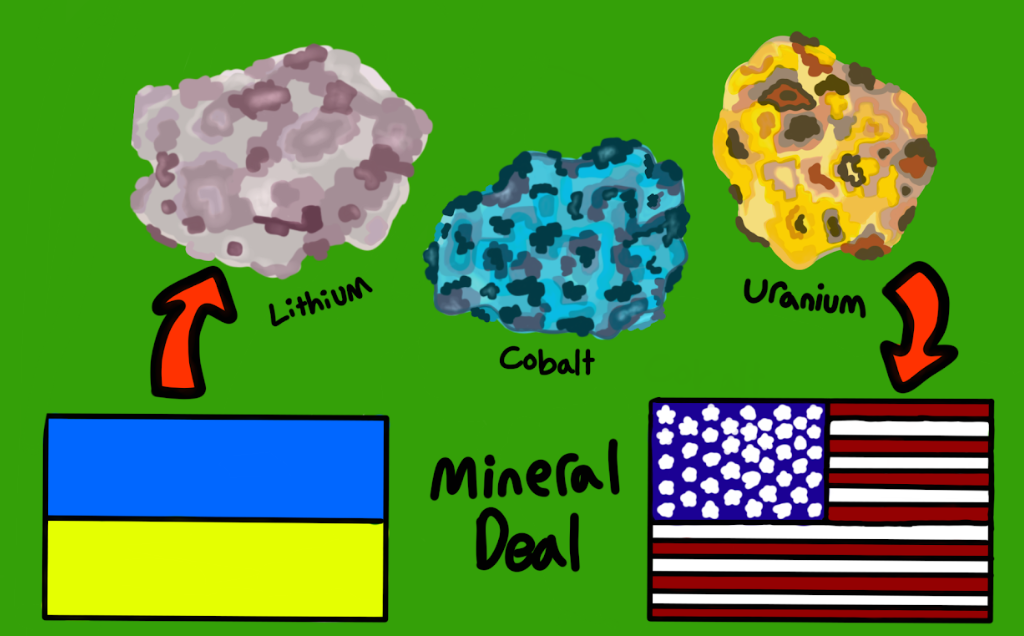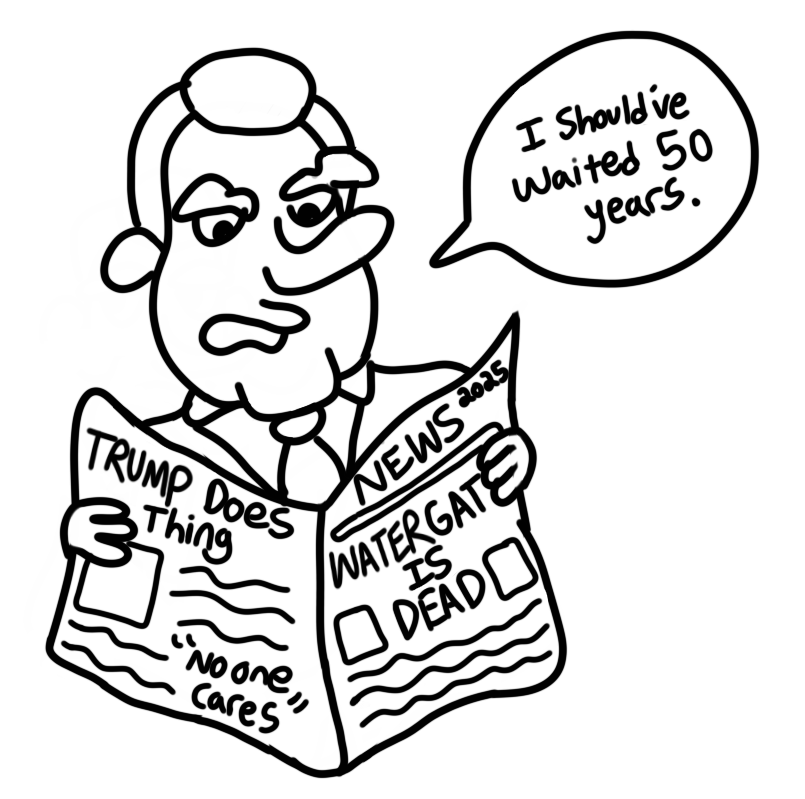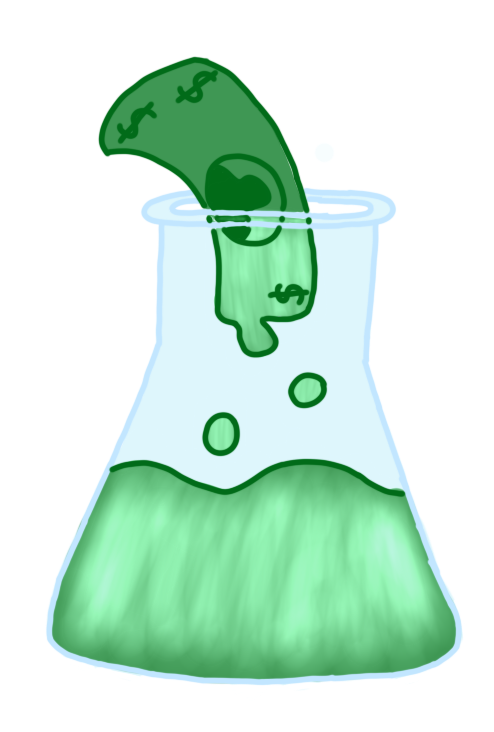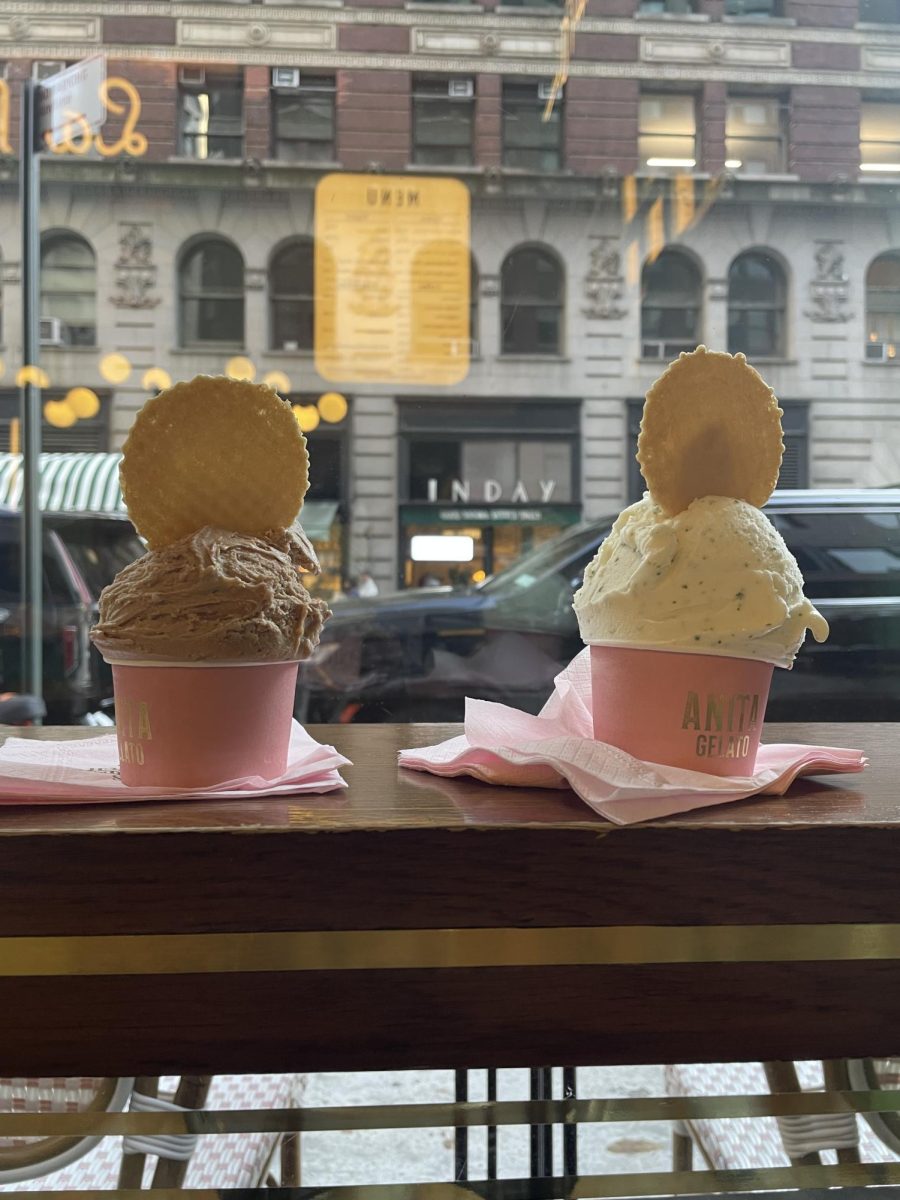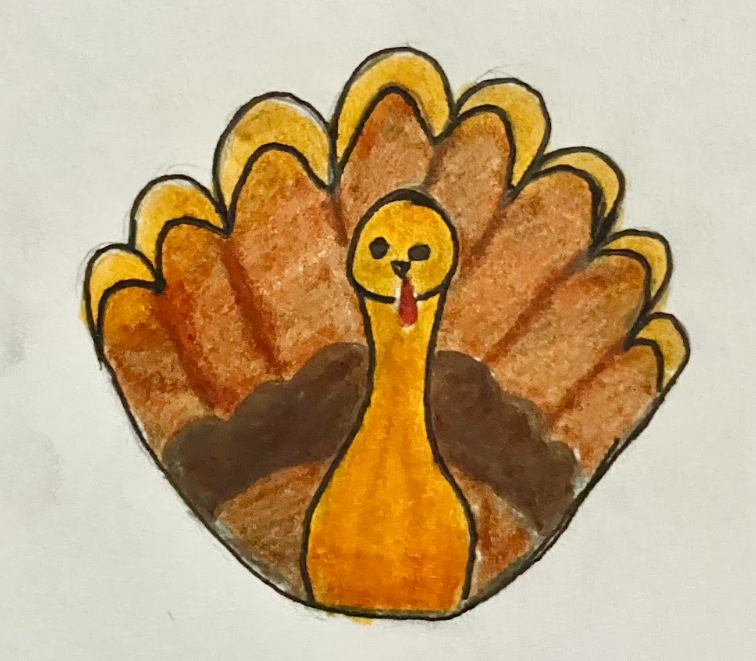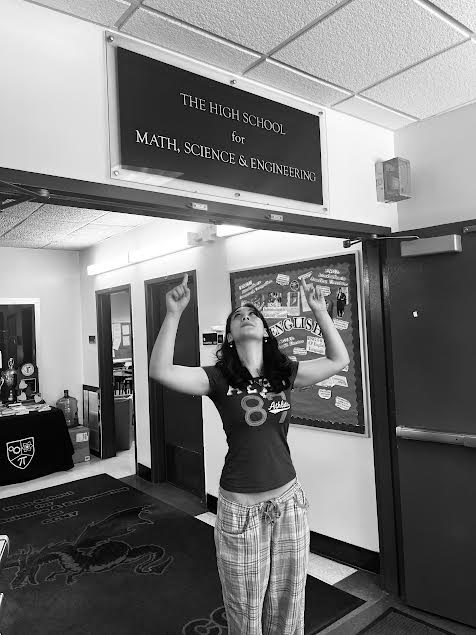There is no doubt that HSMSE is a great school for, well, math, science, and engineering, but the New York City public school system is crafted in a way that forces 13 year olds to apply to extremely specialized schools far before the decision-making part of the brain is developed. Especially with the new high school admissions process, students may only have one school option. Being fond of math and science in middle school is quite different from the STEM overload that one experiences upon entering HSMSE. The excess of math and engineering classes here has led me to the understanding that I have little passion for the subjects listed in our schools name, which tends to come as a surprise to whoever hears this. I believe that my experience at MSE would transform dramatically towards a beautiful, heavenly experience if I weren’t confined to a track. So I set out on an interviewing spree, interrogating students to find out if they see their future in math, science, or engineering, or, like me, have become discouraged from that path.
The perspectives of freshmen I talked to are pretty evenly divided. Almost all came into MSE wanting to pursue some form of STEM, and about half say that their interest has grown from the classes at school. The other half states that they are more unsure now; exposure to these classes has wavered their interest. However, many wish there were more humanities opportunities, such as AP European History, more languages, and more art options. Lila Printz (‘27) said that, “high school is a time to explore interests, because a lot of people don’t know what they want to do yet. We only know what we are exposed to, so maybe I could find something else that I really love if there were more class options.” Everyone else sitting at her lunch table nodded in agreement, and Aurora Vigna-Califano (‘27) added that “classes like art are very important for growth.” In complete opposition, Noah (‘27) insists that the school “should eliminate all other non-STEM classes.” Many sophomores have a similar opinion to Noah, claiming that they strongly dislike humanities. Others don’t think that the lack of options is a big deal, Cesserina Choo (‘26) explaining that “in a STEM school, we can’t really expect more variety.” Etta Raikes (‘26) recalls that upon entering HSMSE she was open to the idea of pursuing science or engineering, but has since become discouraged due to her exposure to these subjects at school. She calls herself a “humanities person,” which I was thrilled to hear. But there are also some sophomores, like Miguel Chicas (‘26), who are interested in STEM but would also like “more art classes, like music.”
While most of the interviewed juniors are interested in science or engineering, they are full of ideas on how to improve the curriculum. Caroline Gearrity (‘25) and Malia McCollum (‘25), both in the Sinai track, wish for more freedom when choosing their schedules, and more elective options. Andrew Lim (‘25), in the engineering track, has “no interest. None at all” in STEM, and requests more English or even business classes. A handful of other students, including Bo Bernard (‘25), express their desire for “more creative classes.” I completely agree, there is definitely a rigidity to many of the classes here, largely because we are more of a testing-based than a project-based school. Some students love this, and others despise it. I had the most in depth conversation with Arianna Bassini (‘25) and Phoebe Fried (‘25), both in Sinai. Arianna doesn’t see the science oriented curriculum as something “negative and forcefull,” but more as “encouraging.” Phoebe agrees, acknowledging that “I’ve nurtured my STEM side, which probably wouldn’t have happened if I went somewhere else.” They think that students must be more self-driven if they want to cultivate other interests at this school, and there are so many clubs and electives that are on the artsy side. The one academic opportunity that Phoebe wishes were available are “more spaces to discuss outside topics. For example, sometimes I want to understand how the science we learn relates to the real world.” The seniors don’t have much to say about this question as they are ready to move on to larger institutions, and the ship of shaping their high school curriculum has sailed. Greg (‘24) and Kim (‘24) both intend to major in engineering in college. They recall that they liked the selection of classes, and wouldn’t change anything. Karl (‘24) is extremely passionate in his disdain for the humanities, arguing that “people who apply to this school know what they are getting themselves into.”
Although there is no definitive solution for the differing interests of MSE students, it is important to remember that we are teenagers still figuring things out. The fact that we go to a STEM focused school doesn’t mean that we are all set on or obligated to pursue math, science, or engineering. Some students want to, and that’s great too. However, it would be beneficial if the administration considered implementing more humanities and art options, as most of the interviewed students claim that they would enjoy that. Even for the STEM kids, taking traditional art classes are important for the cultivation of creativity and an open mind, which is sometimes more important than learning Autodesk Inventor or Revit. It would also be nice if we were given more flexibility to tailor the classes MSE offers to our interests. For example, I would prefer taking an extra English class in replacement of an engineering class. Even though this school might not be a perfect fit for the humanities oriented, I will admit that I am grateful to it. If I had not had the opportunity to explore the world of STEM, perhaps I would still have my mind set on pursuing it. Now I am going into the future with a deeper understanding of my true likes and dislikes, thanks to MSE.
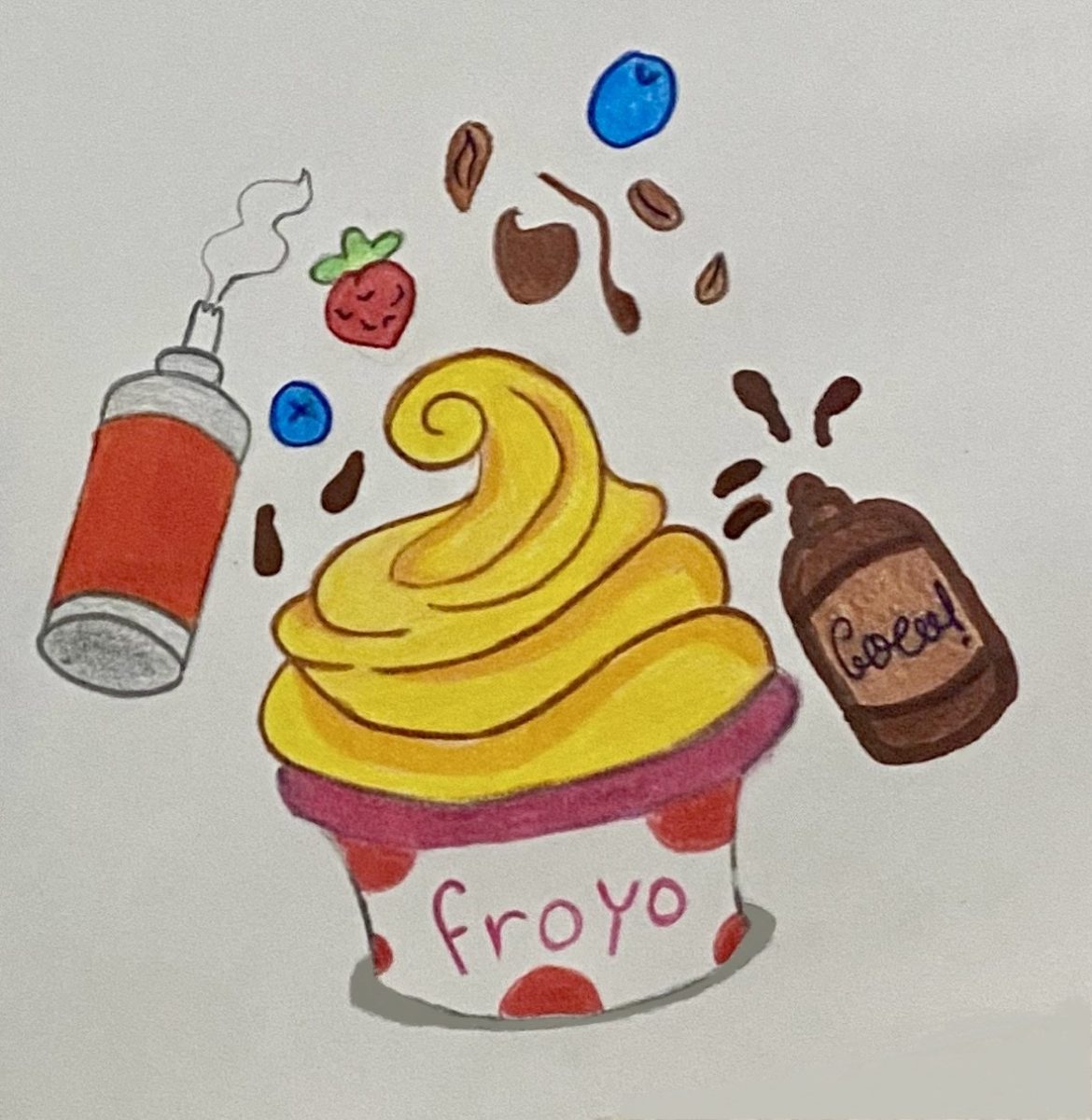
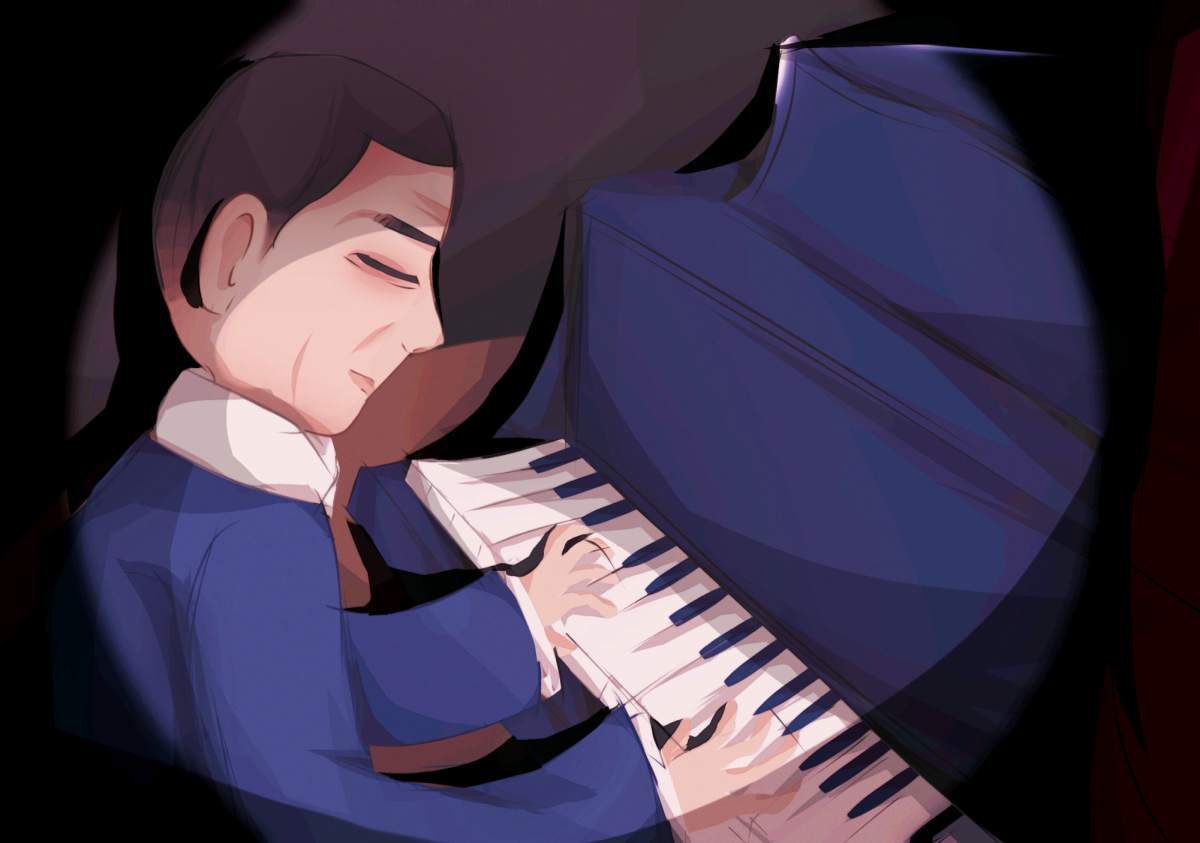
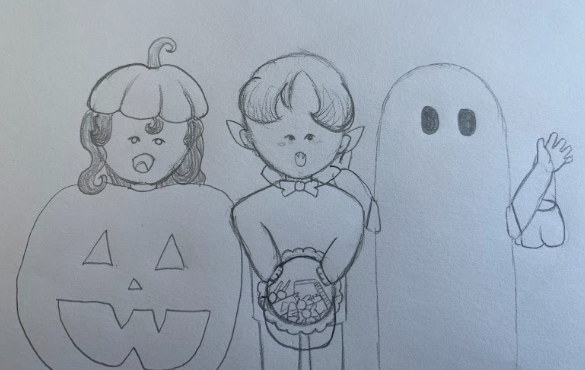
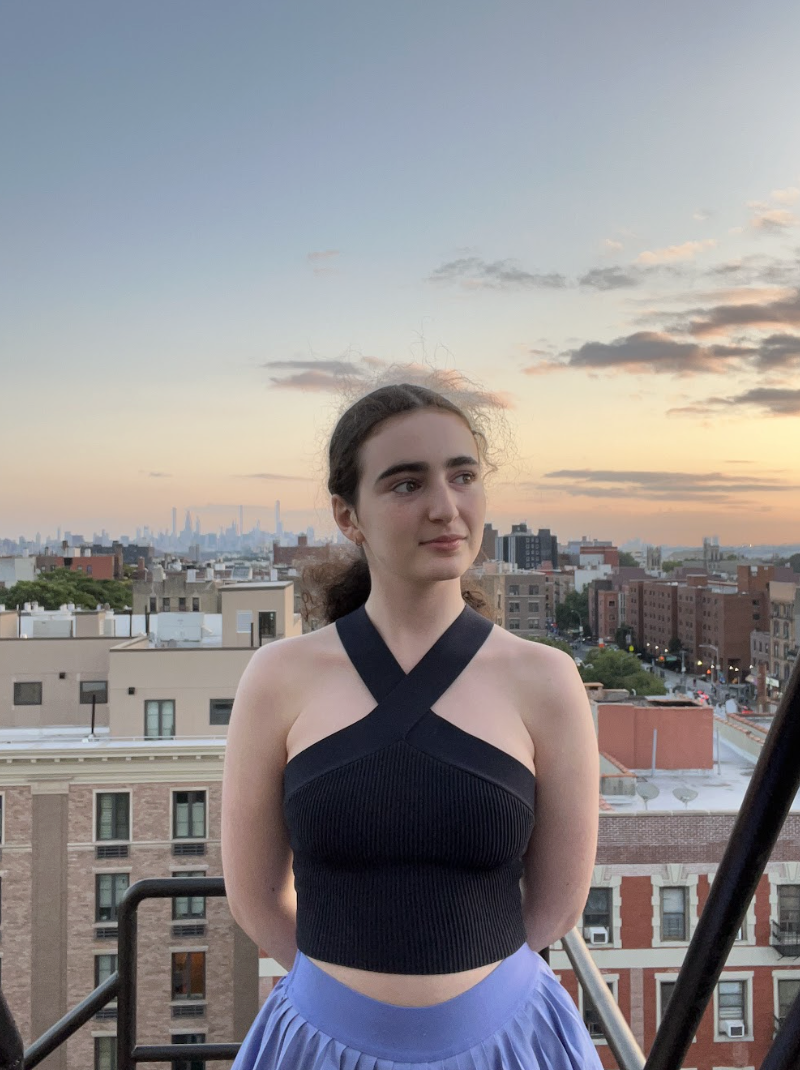

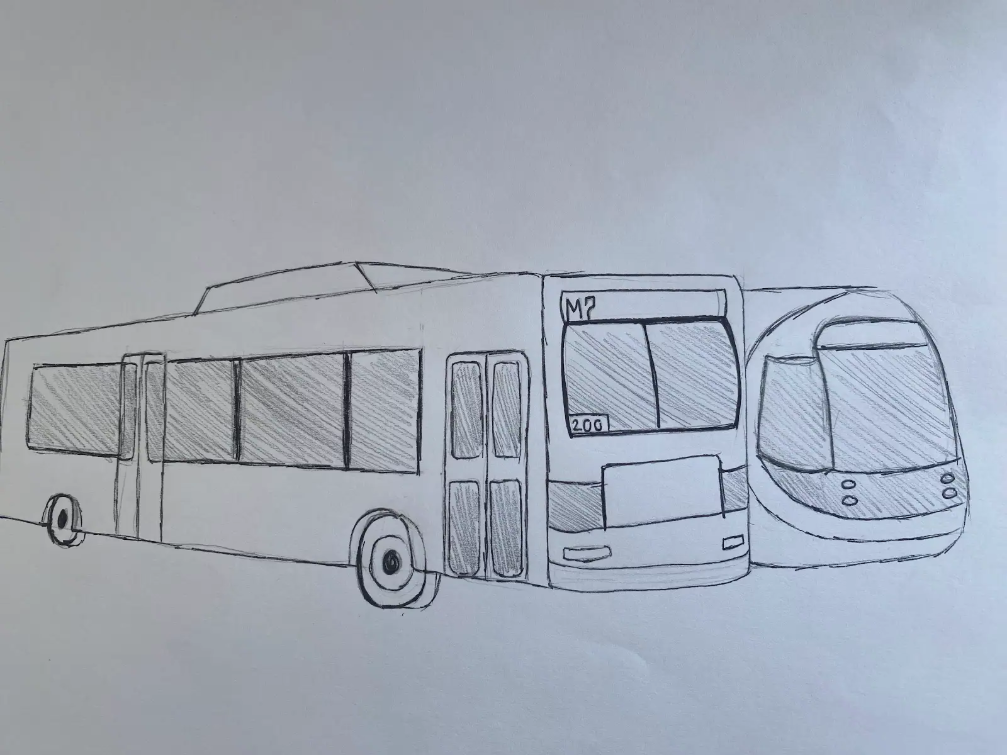
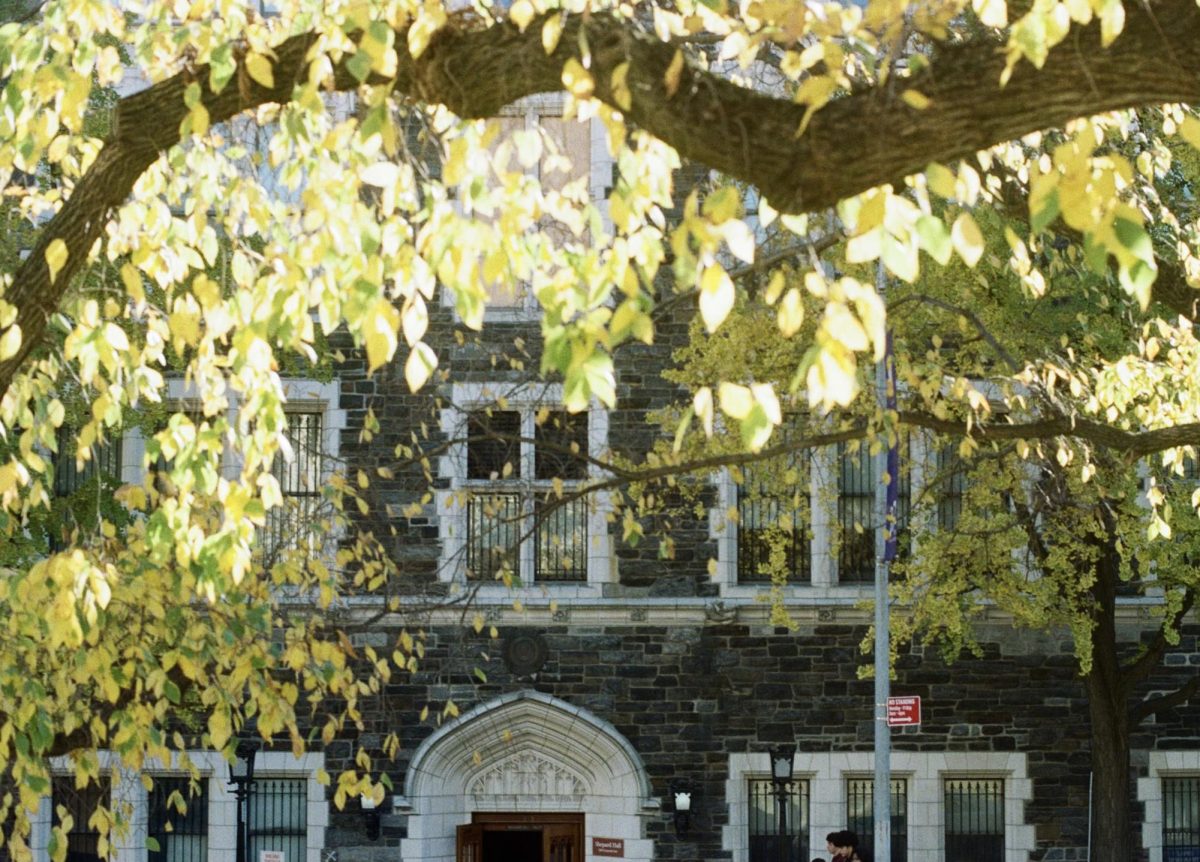
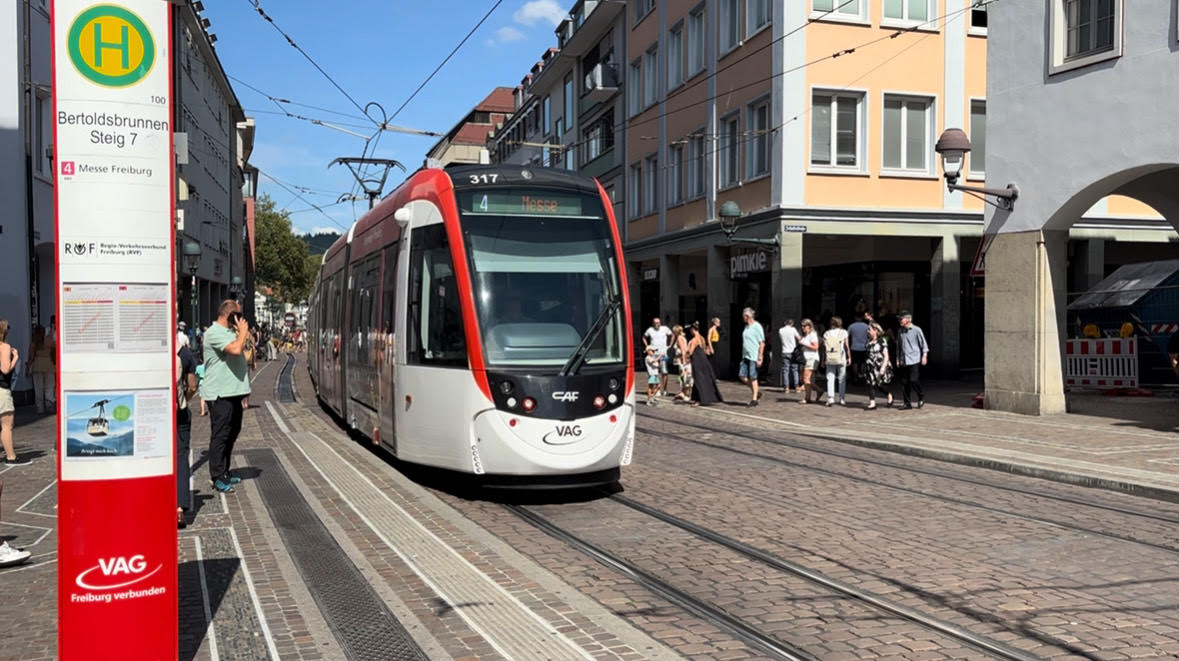
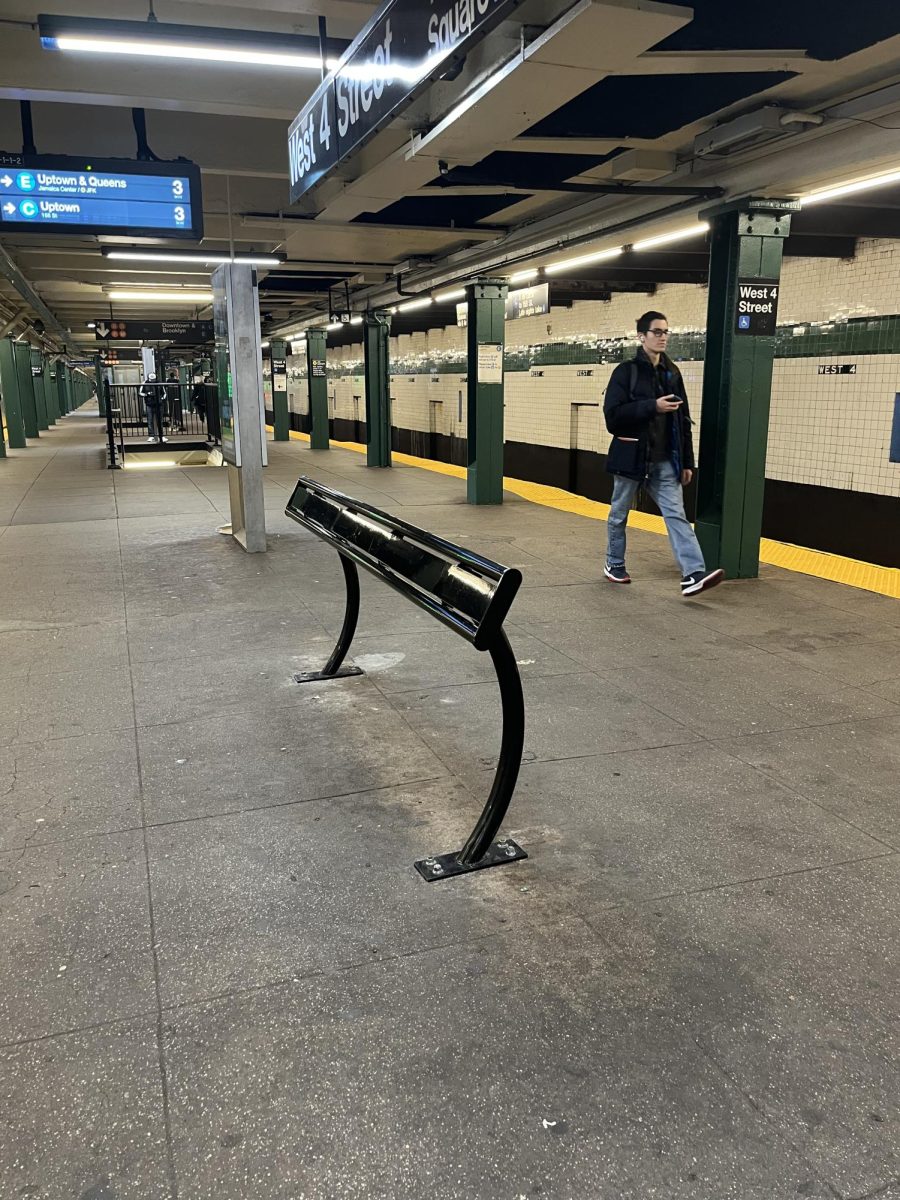
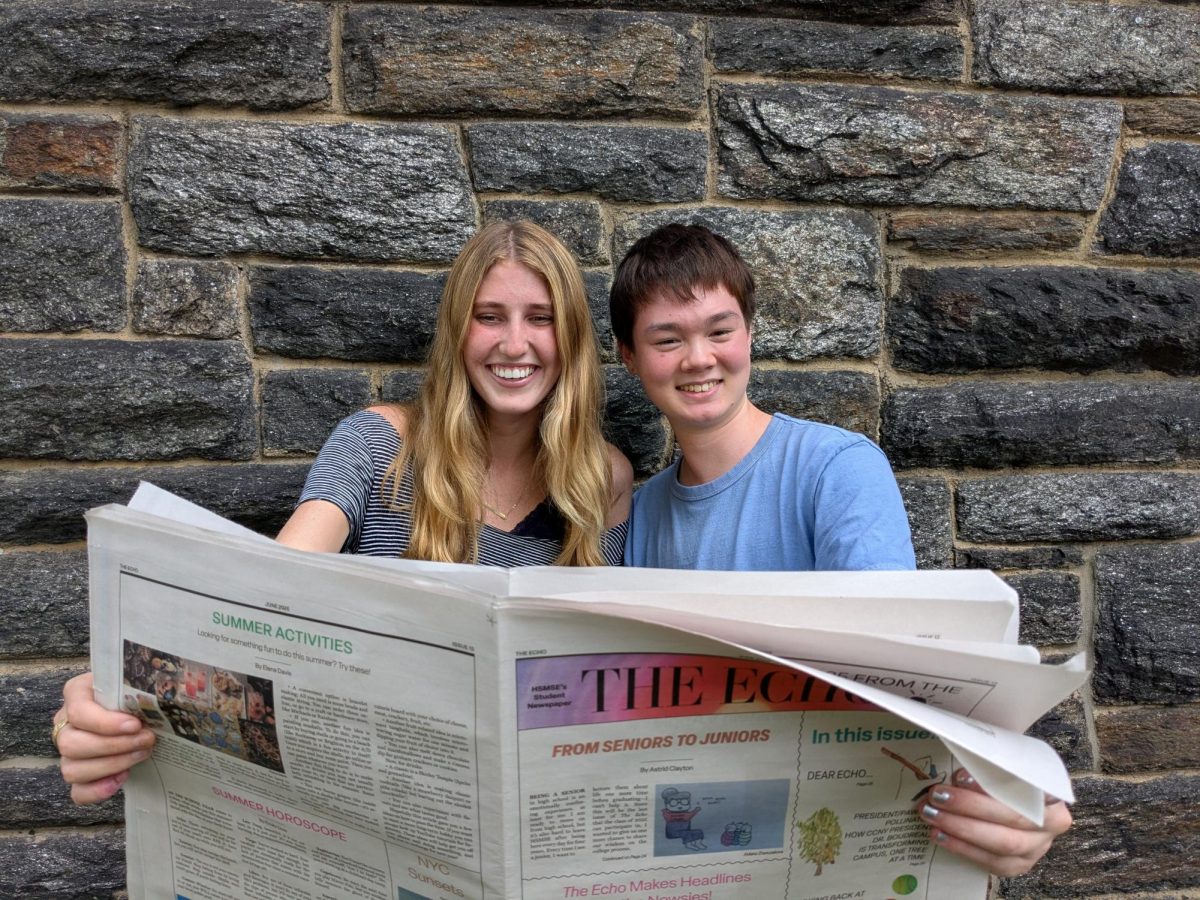
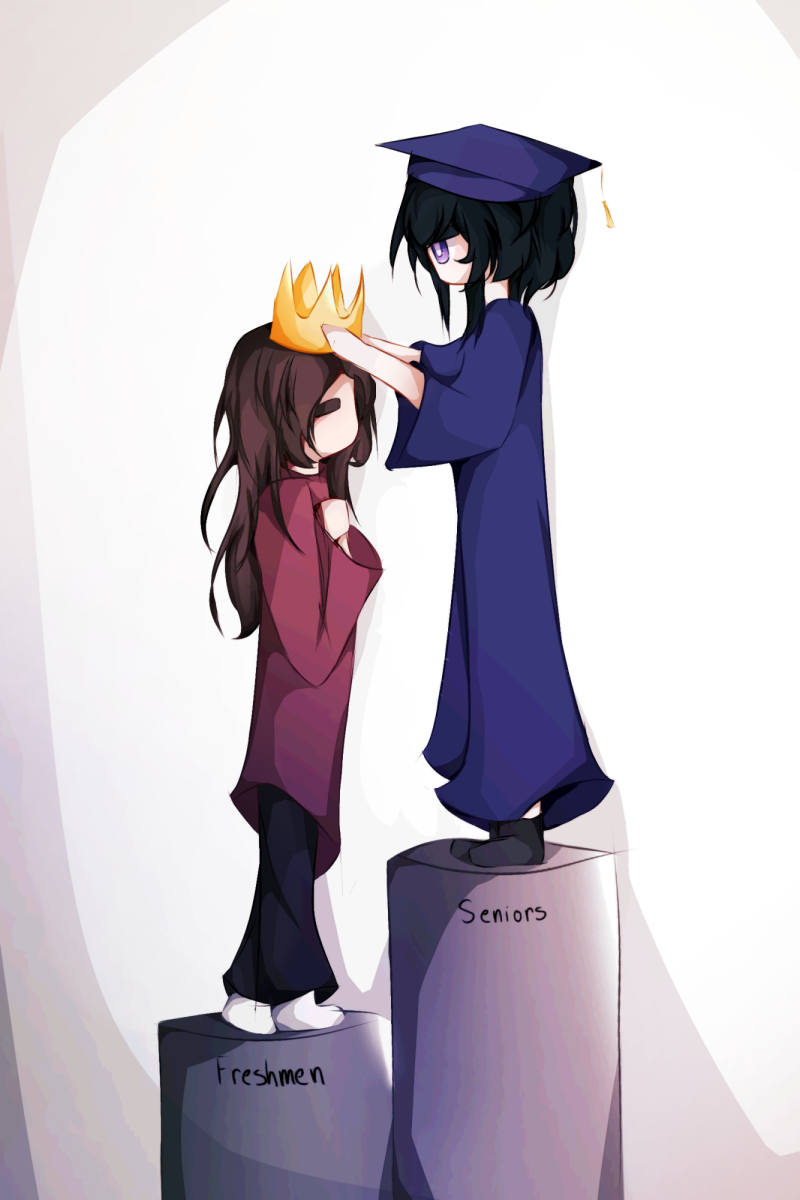
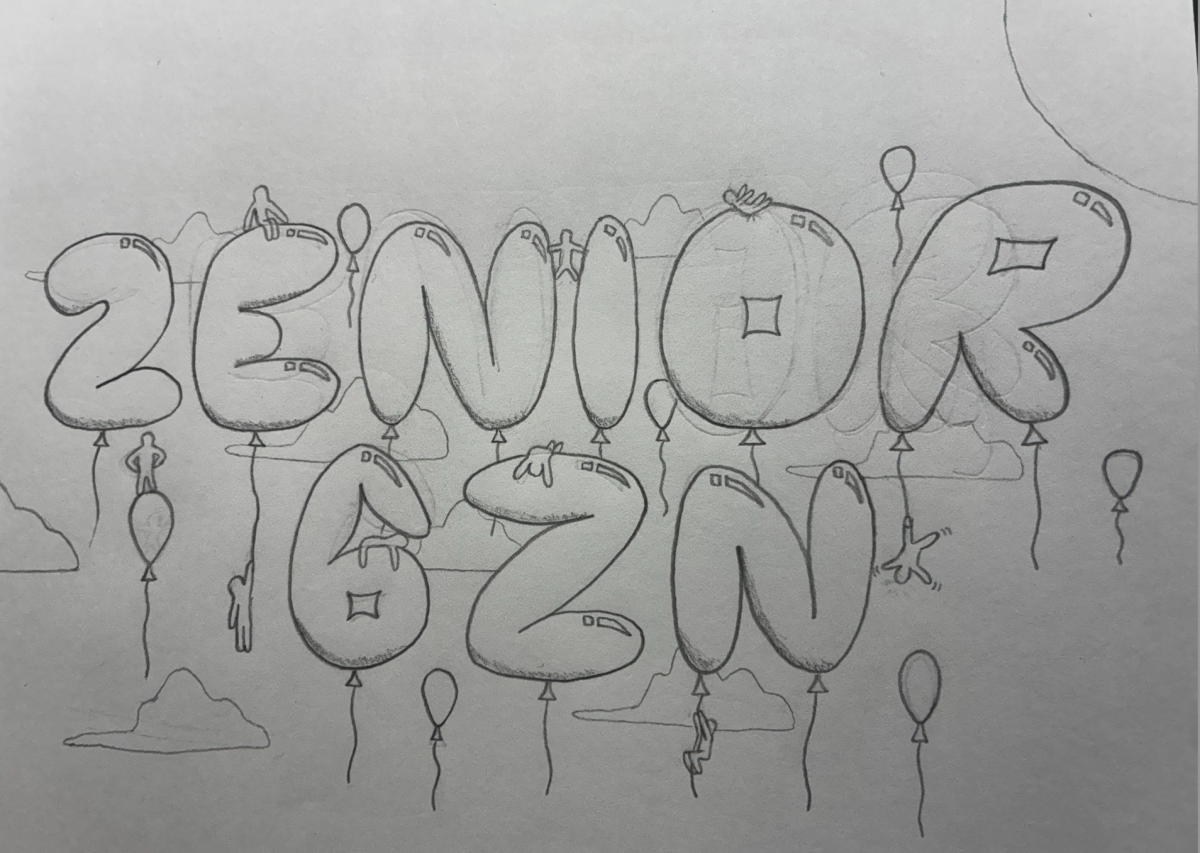
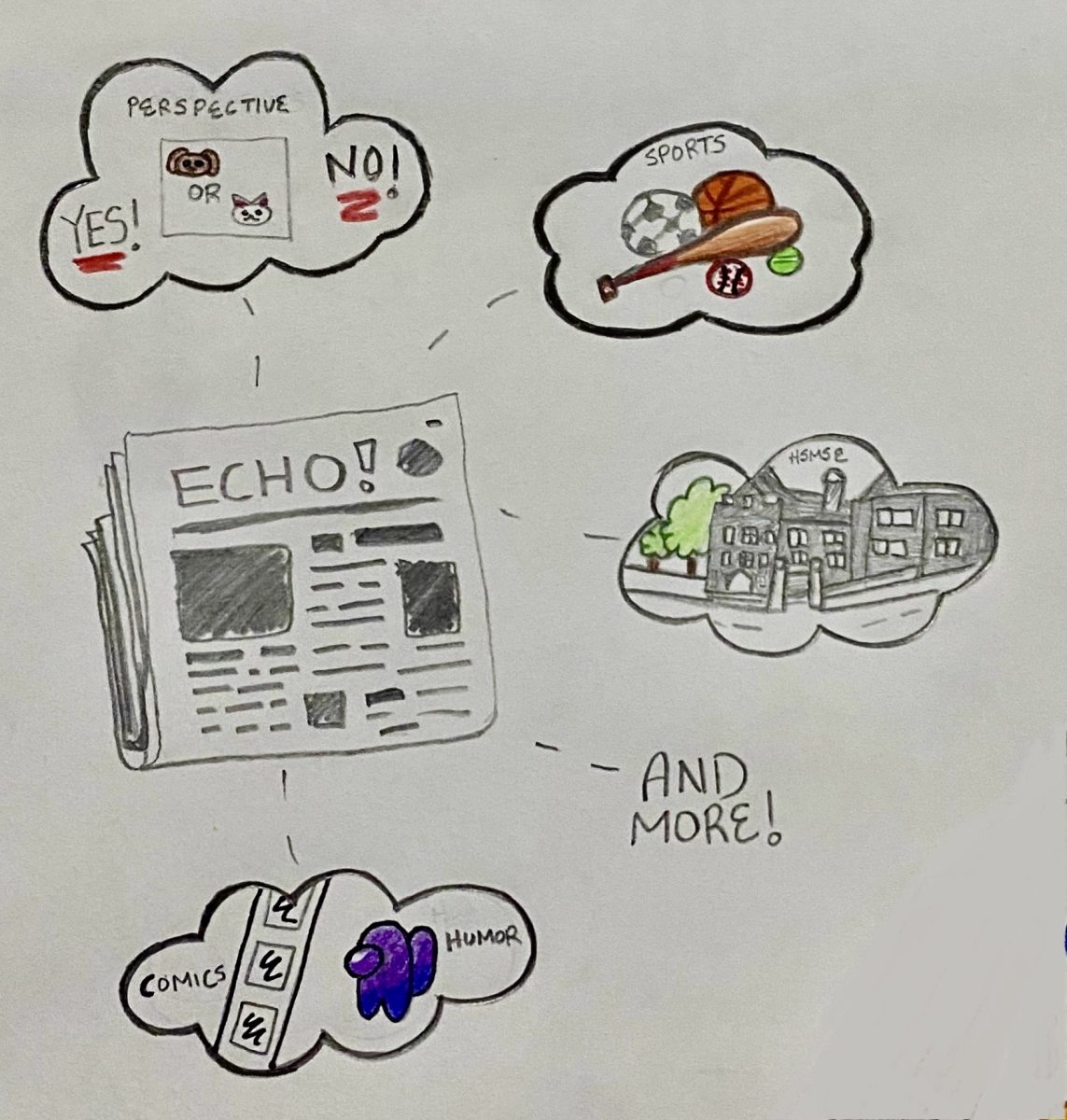
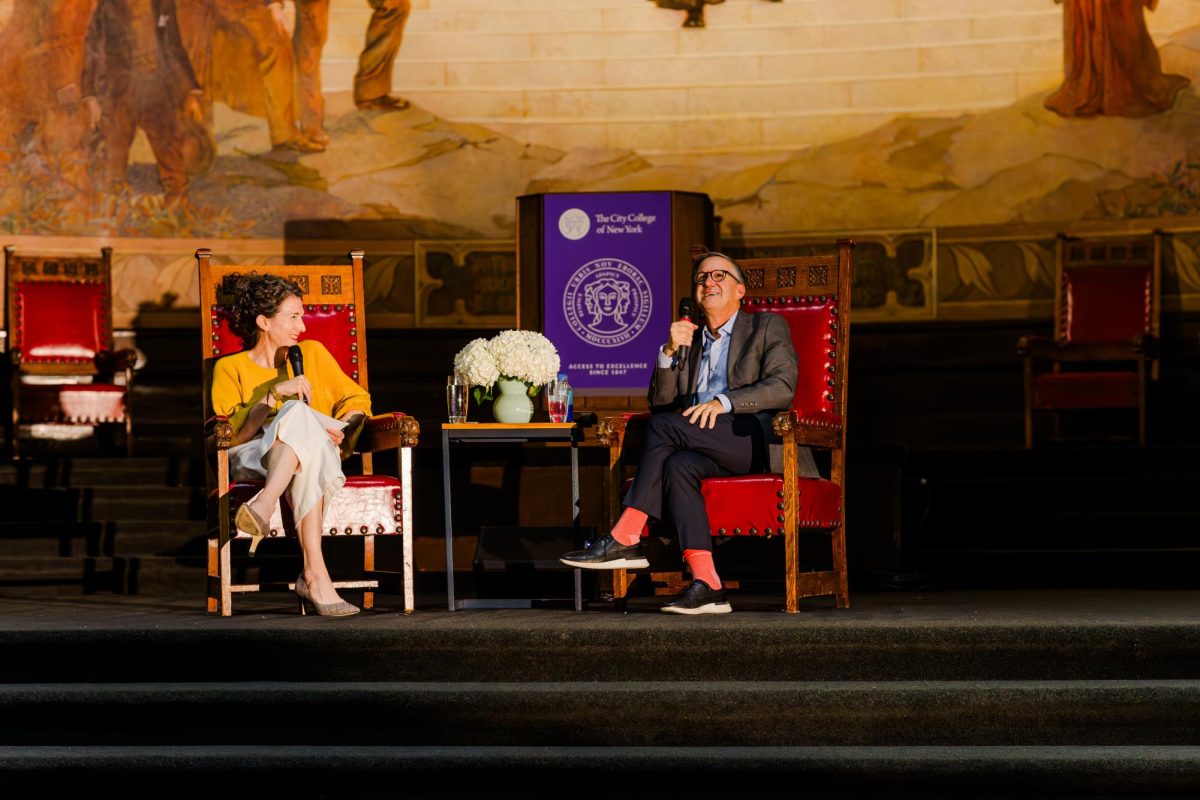
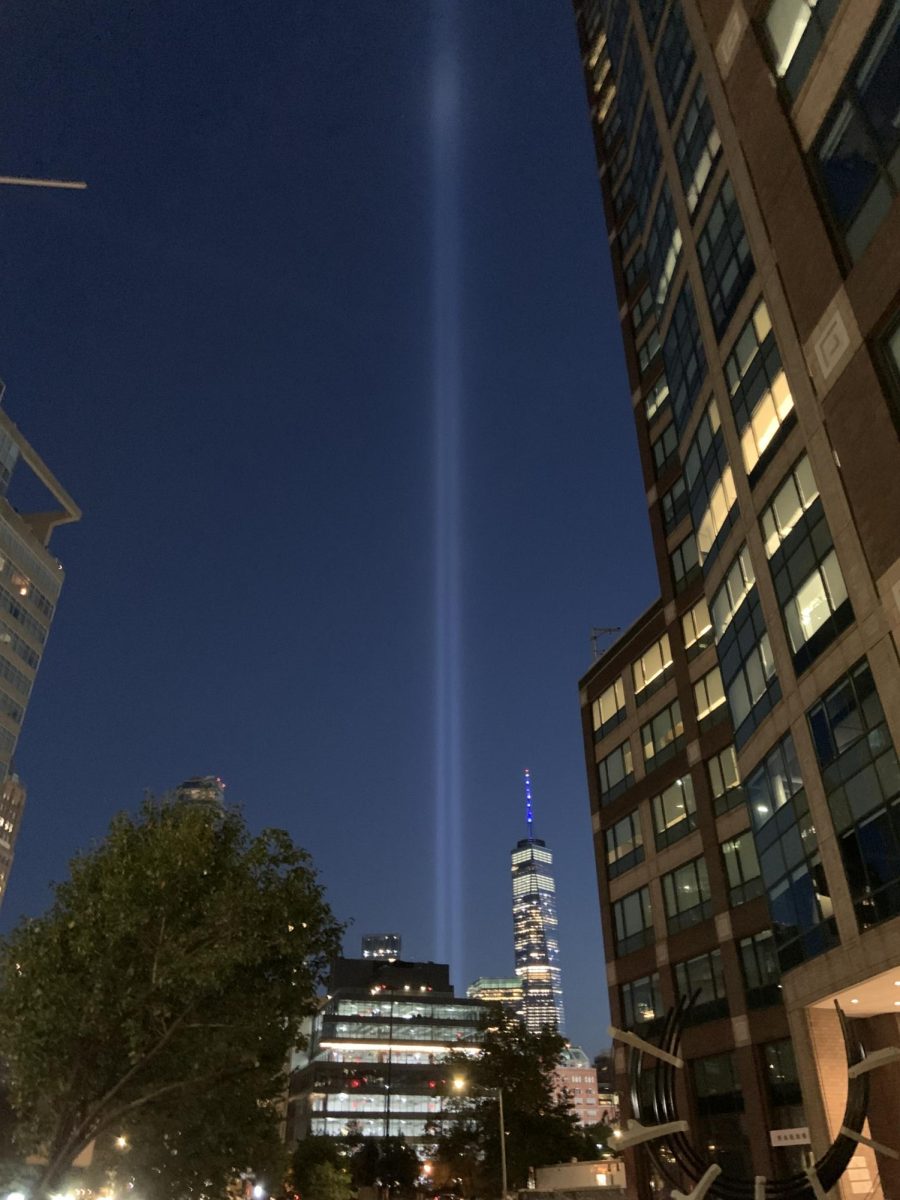
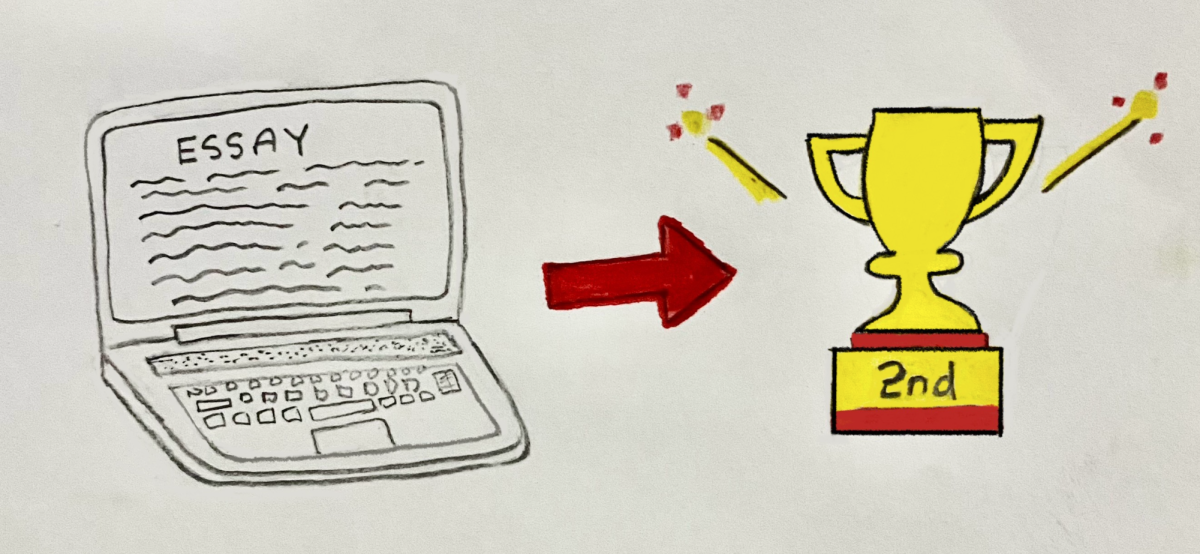




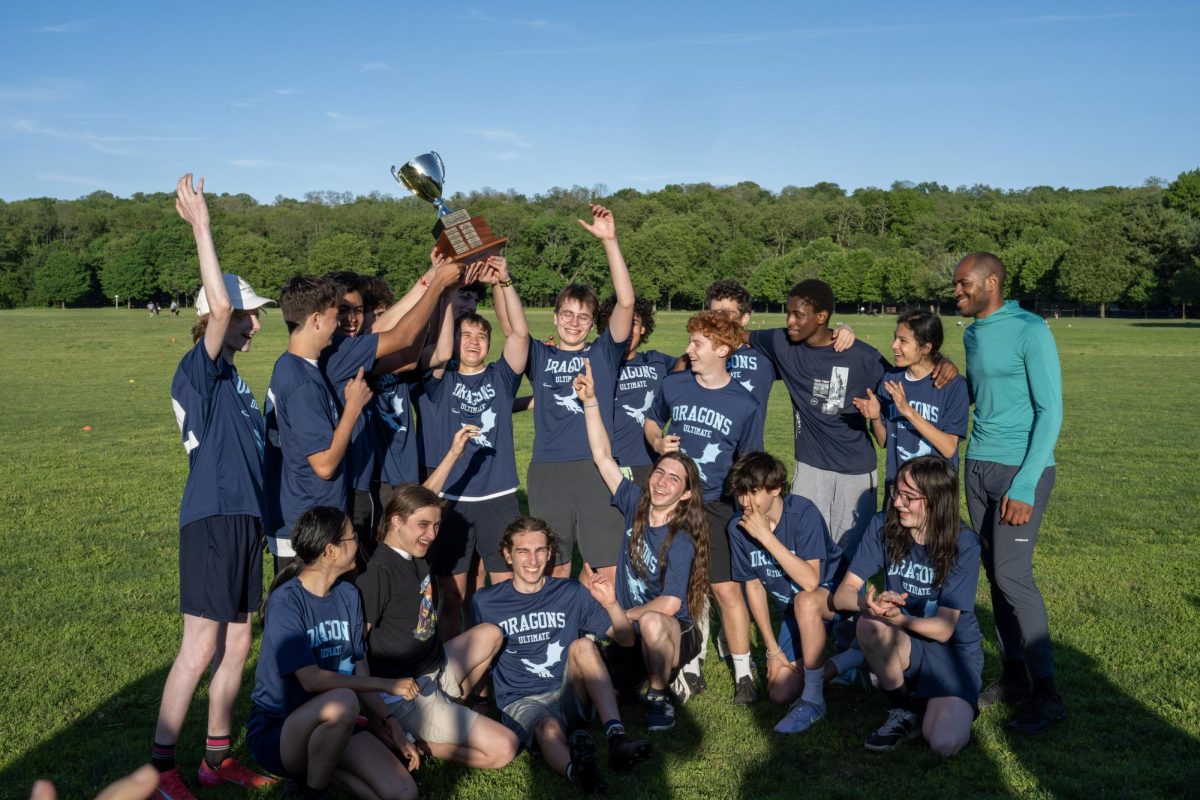
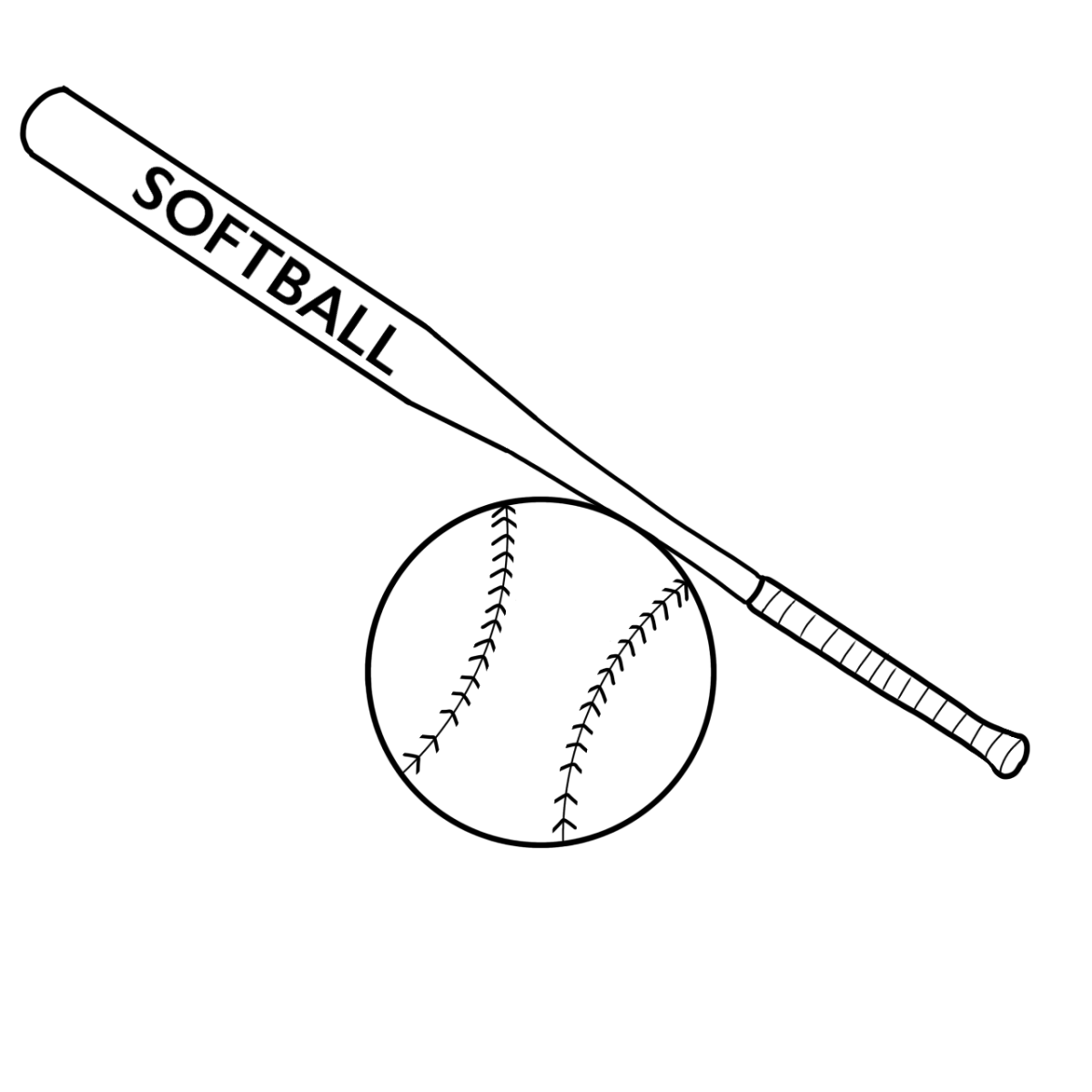
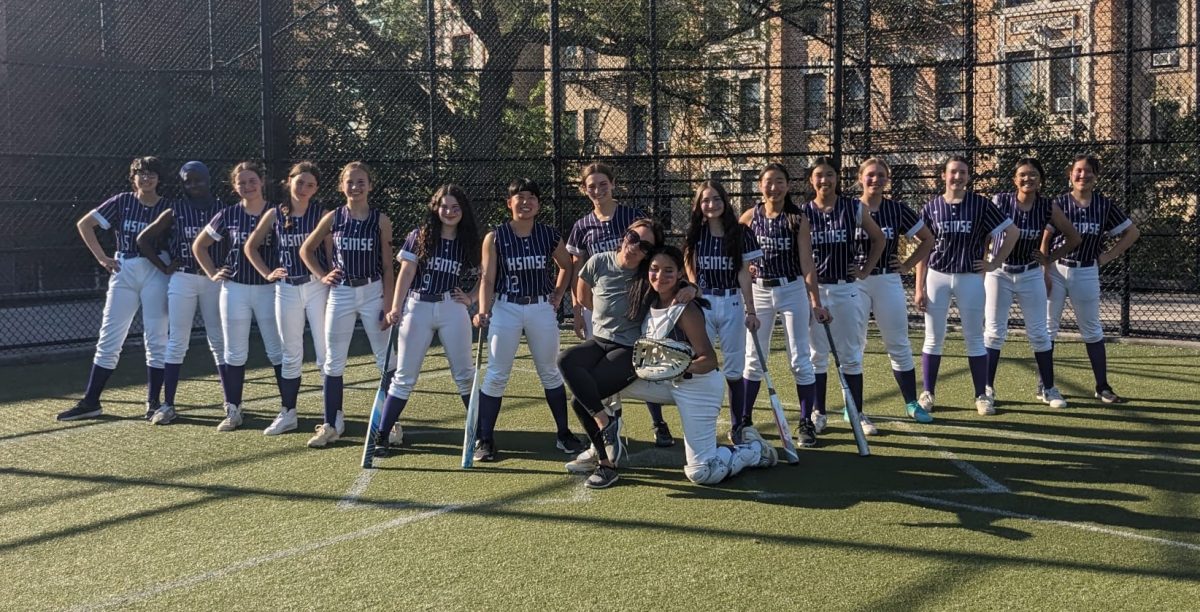
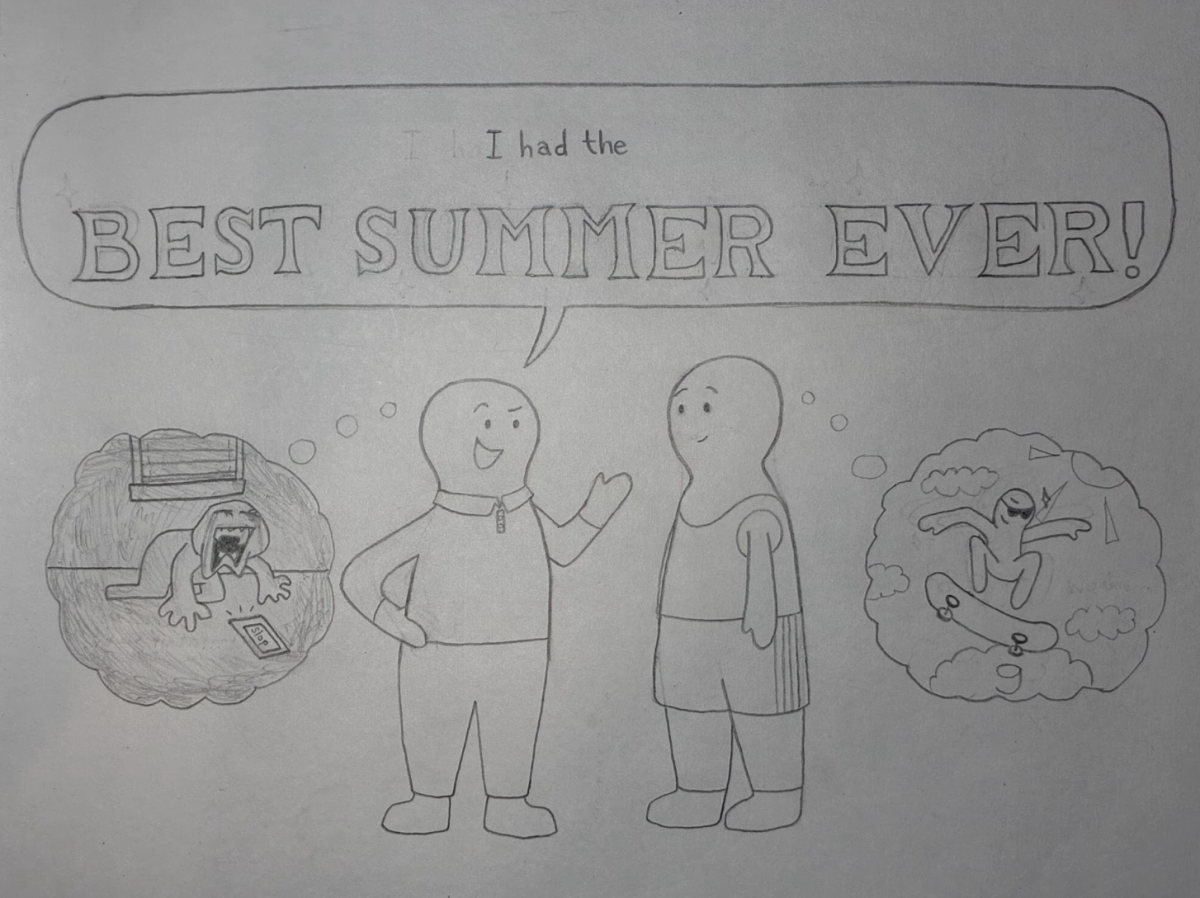
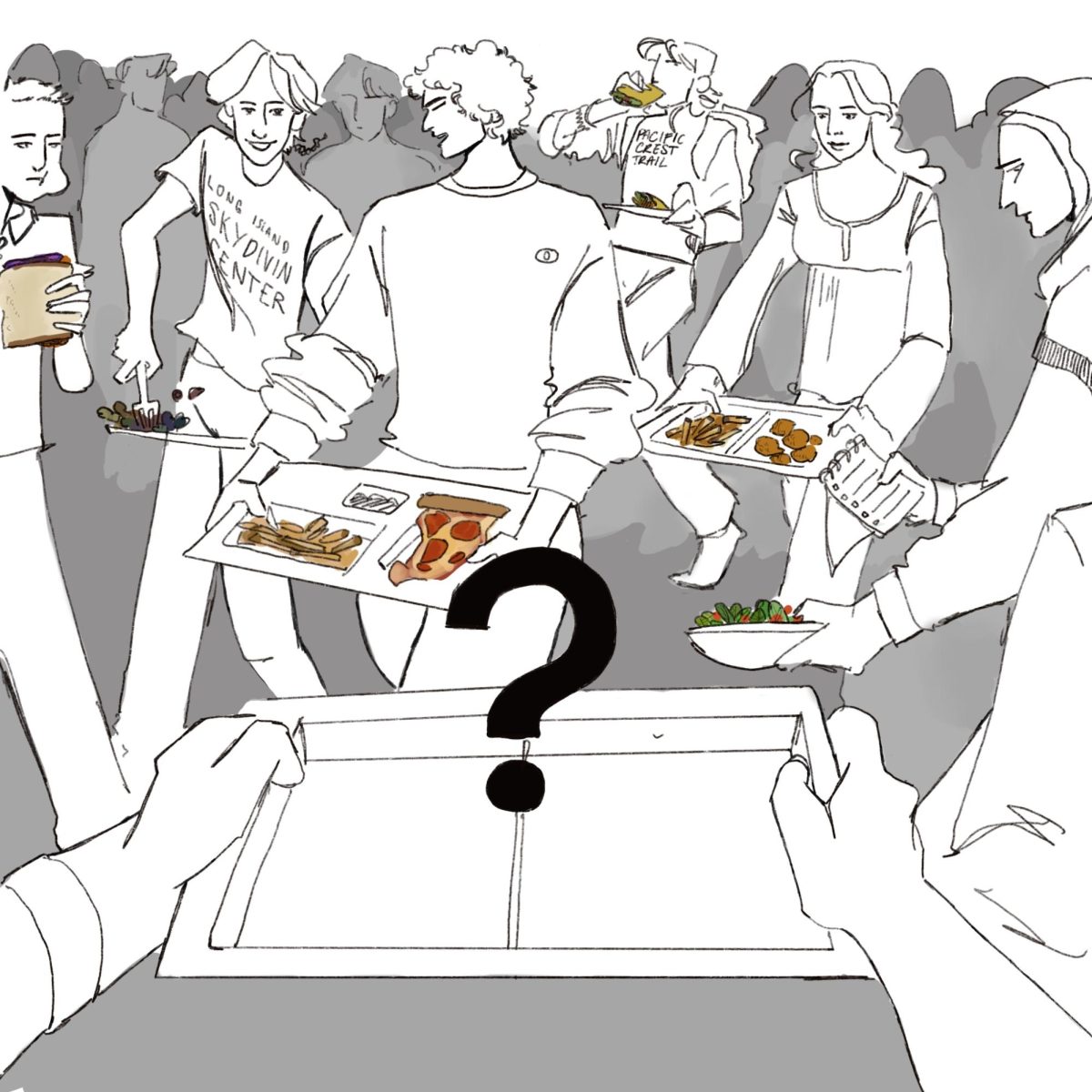
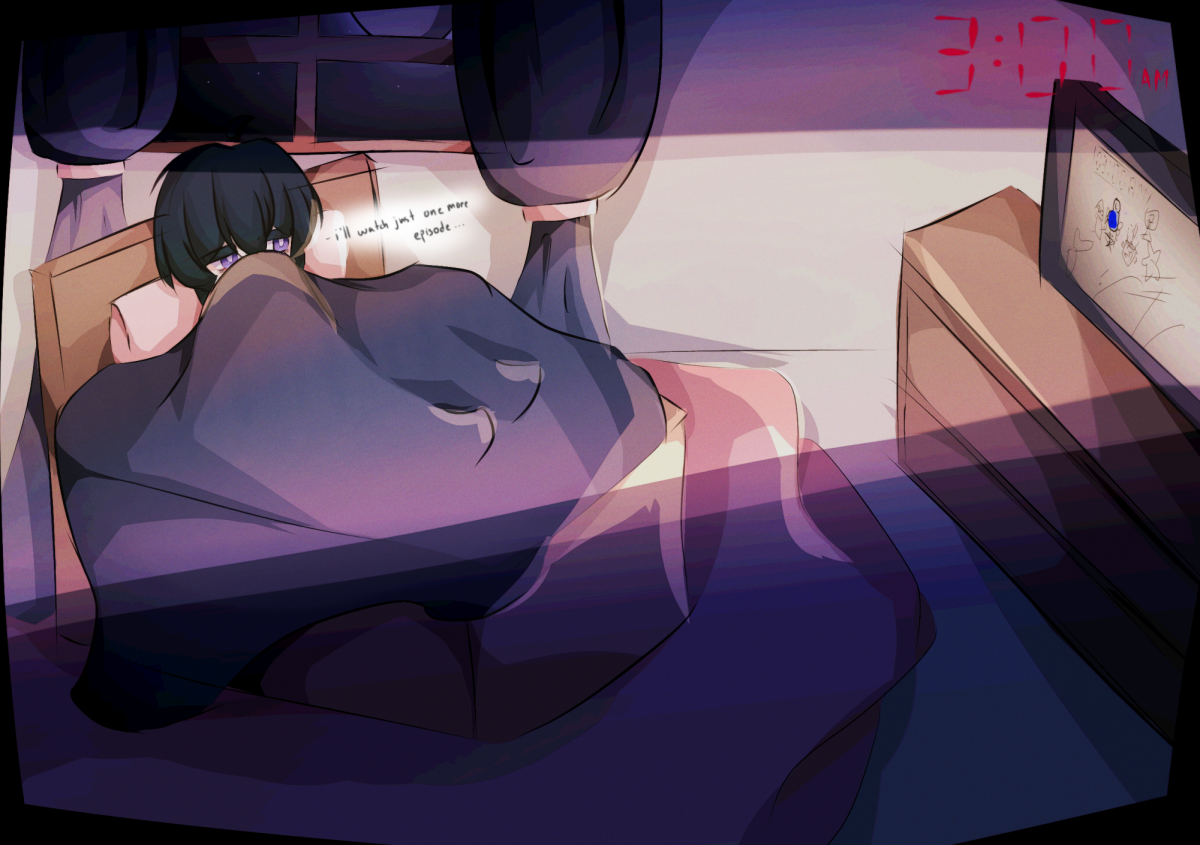

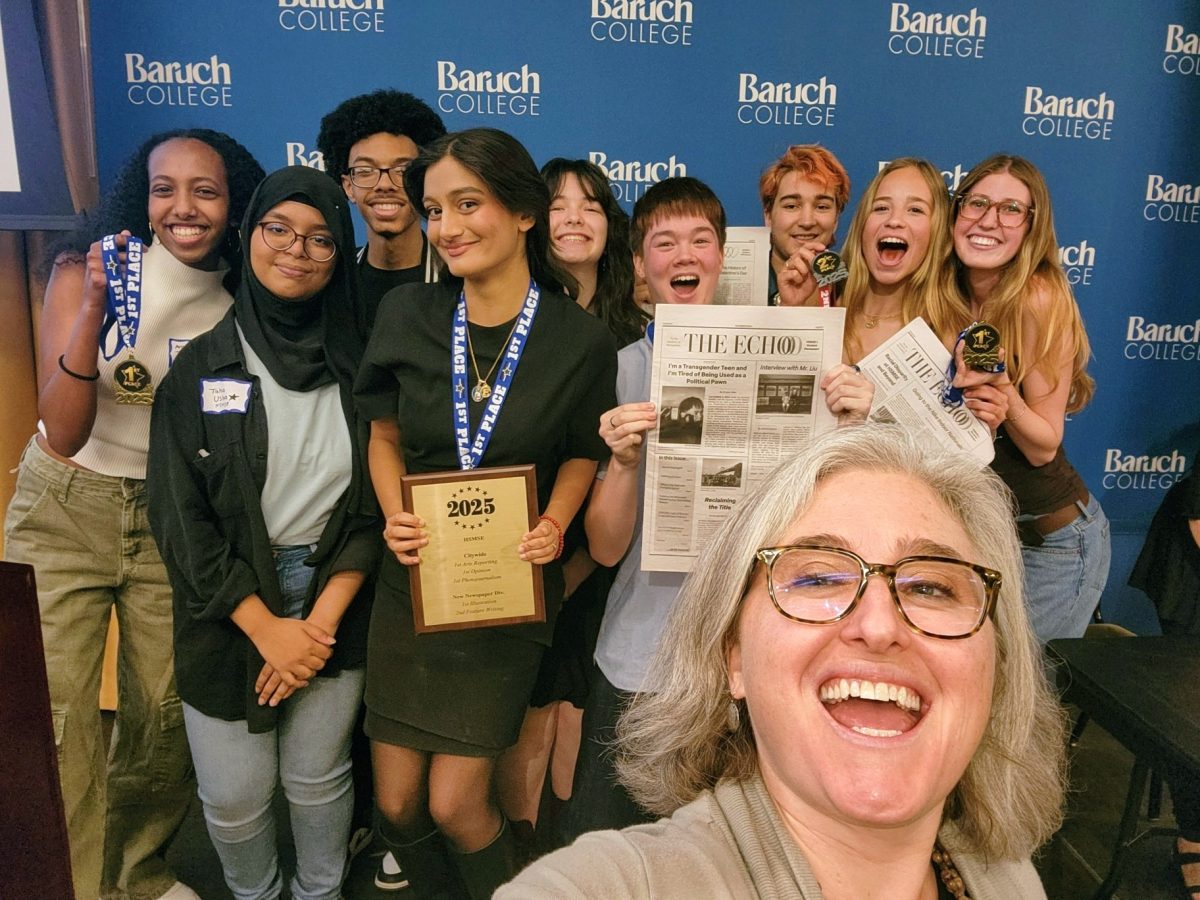

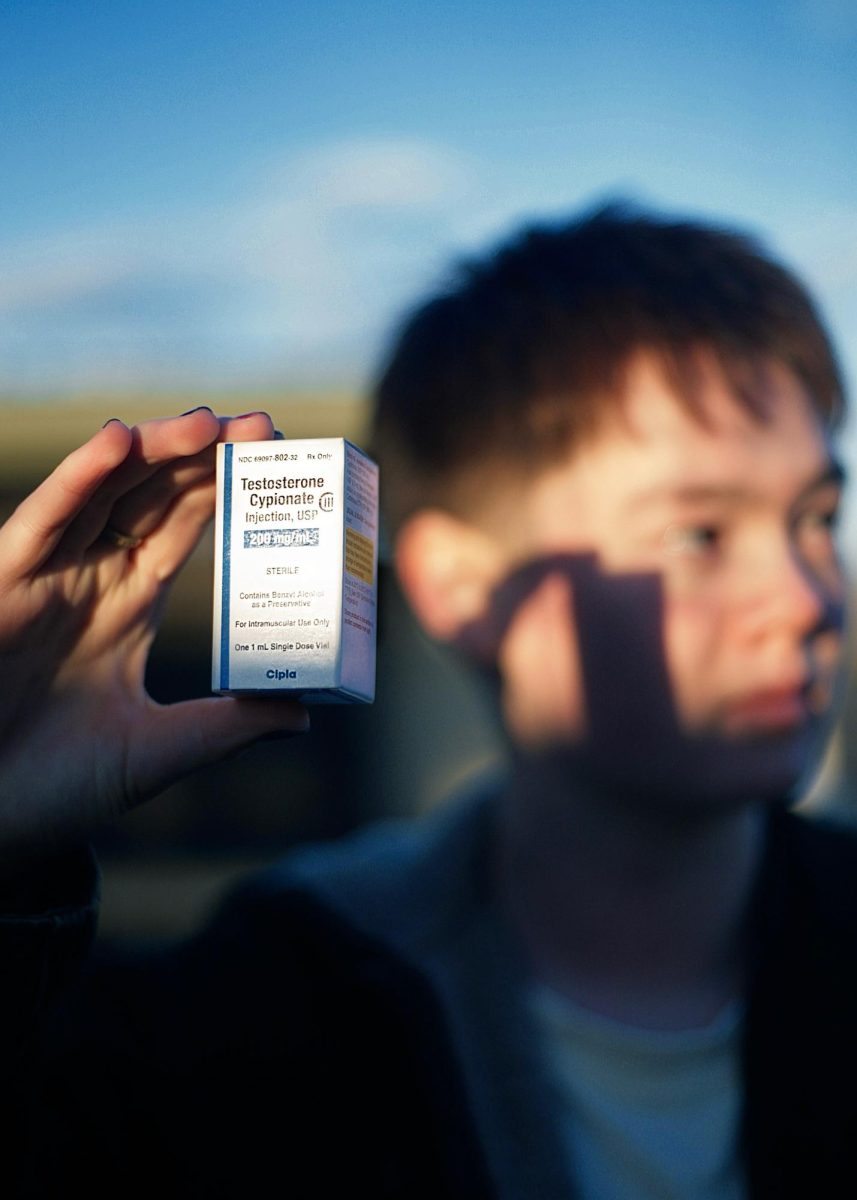
![[ERROR]: Lack of Women in the Software Industry](https://theechohsmse.com/wp-content/uploads/2024/12/APC_0280-984x1200.jpeg)
